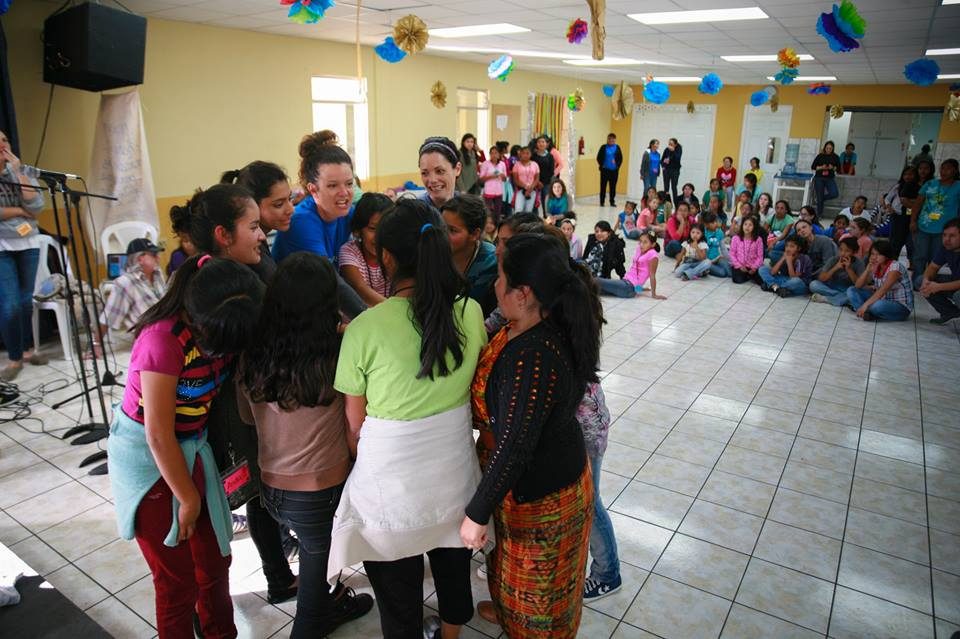Recently, Hurricane Matthew became a very real threat for Haiti, the Bahamas, and the east coast of the United States. For a while, it appeared as though Matthew would be making landfall in Florida as a category 4 hurricane right where my school is located. Students became antsy as the hurricane neared and we began packing our belongings in preparation for an evacuation. Although many of us are Florida natives or at least long-time residents, a major hurricane had not hit Florida in over a decade, back when many of us were about 10 years old. During the storm preparation and during evacuation, I noticed some things that really stuck out.
- I overheard roommates and friends asking each other to text or call whenever they could so that they knew each other were safe.
- Students began assisting in covering computers in common areas and offices in case the roof began to leak.
- Friends, like one of my own, began offering their houses as safe havens for students who were not able to go to their own homes.
- Some professors began sending emails before the school had even officially cancelled classes that they would be cancelling class in hopes that students could prepare themselves for the storm and leave quickly.
It is moments like these that it is clear how much good there is in the world. How much we need one another to support us during seemingly disastrous moments.
According to Judith Landau in her 2010 article, Communities That Care for Families, “When the balance of stressors and resources is disrupted by unpredictable or massive loss, individuals, families, and communities develop unconscious adaptive behaviors and coping strategies” (Landau). Unlike my school, these are not always healthy behaviors or coping. Many of us know stories where riots and looting become the headline news during natural disasters. Often times, we separate from those around us when we might just need support the most. However, in her article Landau continues discussing how a sense of connectedness and solidarity eliminates counterproductive “we versus they” distinctions (Landau). My school got lucky and Matthew stayed off the coast of Florida. It moved quickly enough to avoid any serious damage here while other areas and countries such as North Florida, the Bahamas, and Haiti were not as fortunate. However, this isn’t simply about surviving a hurricane. It’s about finding community when faced with an unknown.
Team members of Athentikos get-together in a big video chat multiple times before their trips and the first few days before camp are spent team building and getting to know each other. The word “community” comes from the Latin root “communis”, meaning “common”. I had to google that information and I laughed when I found out the root meaning because it seemed so obvious. Of course community is common… we need it! Even self-declared independent people like myself can’t do it all alone. People need people. From a young age, we begin looking at and learning about the world and people around us. Then we grow and start to pick communities for ourselves, ones that fit our values and goals. You’ve picked Athentikos as one of your communities. You’ve picked it by going on one of the trips or donating to someone who is fundraising for their own trip or even reading this blog.
Guatemala isn’t a hurricane. However, it is something new for a lot of us… and that can be scary in and of itself. So we have to ask ourselves how we plan to weather the storm. I recommend reaching out to your various communities for support. Athentikos does everything it can in order that its team members feel prepared to reach new heights. This includes Kimberly Shepley offering her counseling services at no cost so that we can serve at the very best of our abilities and be as prepared as possible. There’s also the mentoring program where people who have been on trips in the past can help assist you in preparation. Like my school, Athentikos is a community. Not even a hurricane could change that.

